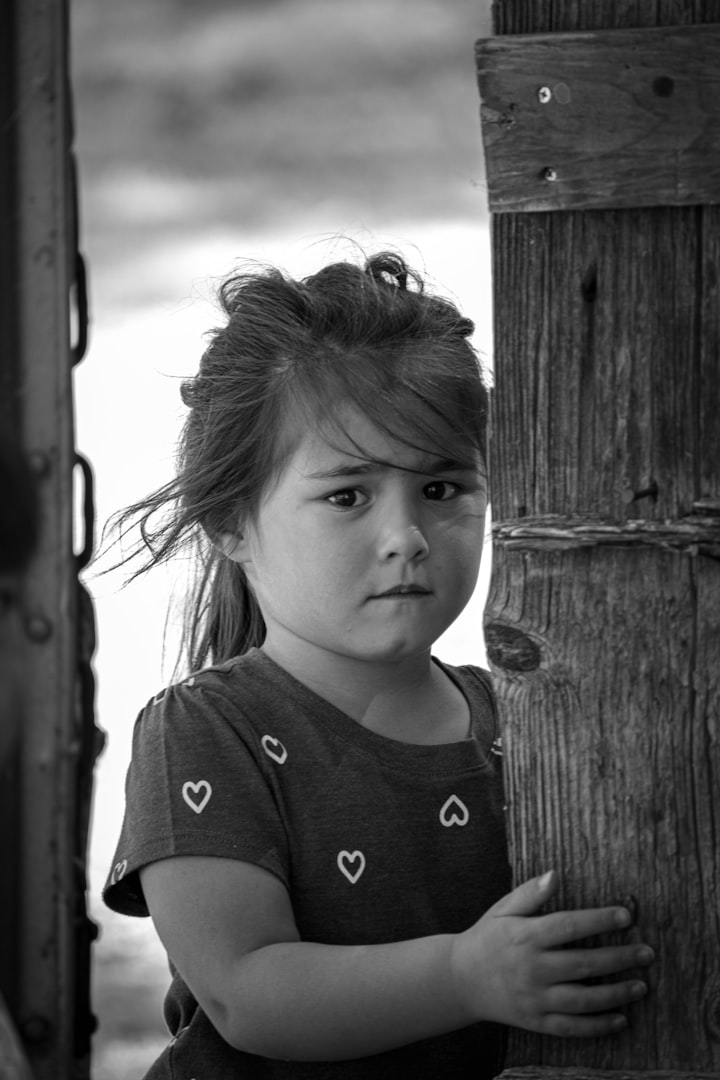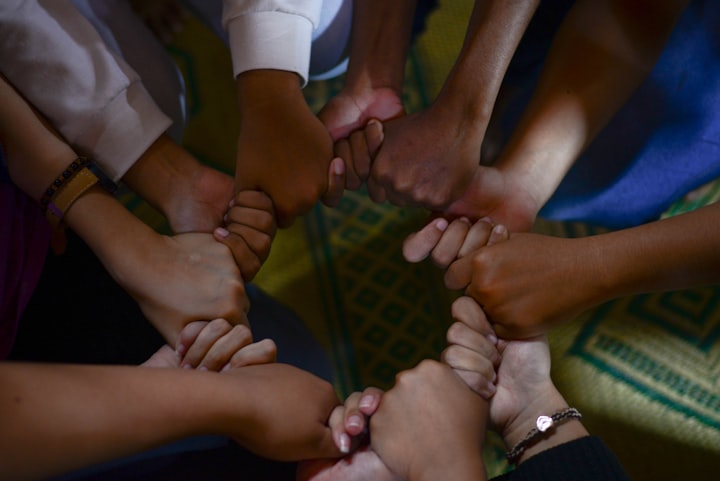Mental State of Children
Worrying 2020 Statistics

Mental illness issues in general is horrible, when you are diagnosed as a child it's even worse and it is no fun to deal with.
Children with early mental illness symptoms usually live in homes that are very flawed. Absent parents, abusive siblings, pressure, severe punishments, and the underlying stress of the pandemic are all factors that children's mental health are worrying.
Mental Health Statistics
In December 2020 I did an infographic on the statistics of Canadian children ages 8-15 based on Kids Help Phone. The results are really worrying.
According to most Canadian mental health associations in 2019 Kids Help Phone received 1.9 calls from ages 8-15. Where as in 2020 roughly 4 million calls directed toward Kids Help Phone were made.
Because of the pandemic children are experiencing long periods of isolation, which increases their fears from the outside. Some children when going outside will be happy to be out but are surprisingly cautious. Especially the children who may be later diagnosed with anxiety.
In 2020 Kids Help Phone received an average of 800 distress calls per day from children ages 8-15. The same year Kids Help Phone were severely understaffed with only 182 counsellors and 4,200 volunteers across Canada. While sure some insensitive people may say "just manage the calls", it can be severely distressful to speak to children who are in danger of their parents or horrible internal thoughts. Also, some calls have to last hours to safely instruct children to safety or call paramedics on the scene.
In the Province of Ontario 1/5 youth ages 12-17 have been diagnosed with a type of mental disorder. Most of the time, when caught at an early age it is manageable, but to those unfortunate children their issues may be detrimental to their day. 5/6 from the 25% don't even receive proper treatments due to stigma or the parent's belief that their child is okay. This stigma is the reason why 70% of youth mental disorders affect their adult years.
Keep in mind that these are Canadian statistics from January-November 2020. From: The Star, CDC, and CHMO.org.
What Can you Do to Help?
The first thing to do, with any children in your family is to recall any mental illness in your family. ADHD, depression are examples of hereditary mood-related illnesses which can effect 1-10% of children according to DBSA.org.
Ask children how their home or school lives are. Most children are honest and will tell you that they're being bullied or their parents are arguing a lot. If a child is hesitant or seems their mood or tone of voice change, be there for them. Make rational decisions and emotionally support them in any way you can, even if it means attempting to make them laugh for 5 minutes.
Third is to never compare children. Personally, I know of people who have been compared to since they were children and it destroys any sense of security. "Why can't you be more like ______" or "I wish I had ______ instead of you!" is something you should never say to a child. Even if it's a force of habit for comparisons, children will never be happy with comparisons and it does not make them strive for success. In fact, it sets them up for failure because their expectation's are unrealistic; to emulate a person they're not. Try to change all you want externally but internally you'll still have your internal quirks like allergies, preferences for food and medication.
If you have an older child, please limit their screen time. Browsing the internet as a young child is horrible. Not only does too much screen time may affect the child physically (prone to less exercise, sleeping habits), but mentally the internet can really mess up a child.
From predatory groomers to models that portray perfection, the internet is really for adults and not for kids. No matter how restrictive mainstream modern websites and applications can seem, robots monitor those sites and they're very flawed. I've seen adult content on YouTube Kids that was disguised as "child-friendly" way too many times.
Even if the child of young teen believes that they've seen it all, perhaps they are smart. But remind them that they are human beings and can even slip up every now and then. Mistakes happen to the best of us, and you'd rather not make a mistake when dealing with online bullies who know how to access your address.
Final Thoughts
Overall, no matter how isolated and shy the child is it is morally wrong to look away from the worrying statistics of mentally ill children becoming mentally ill adults.
Please don't let a child you know be the next hotline caller because the severe mental state during those moments are harmful to anyone.
About the Creator
Lovely Lucia
An archive of my stories I publish every now and then.
To the people who read my poems and short stories; Thank you!






Comments
There are no comments for this story
Be the first to respond and start the conversation.